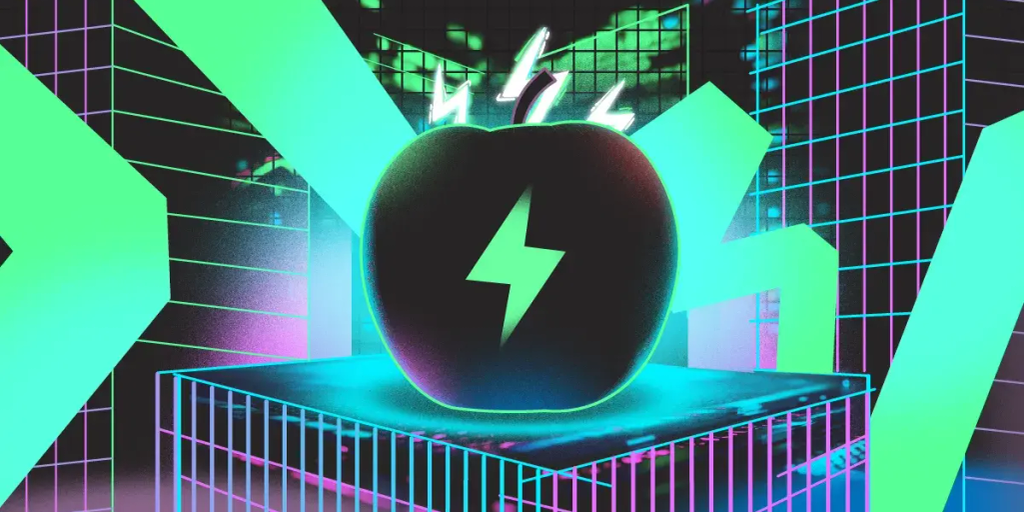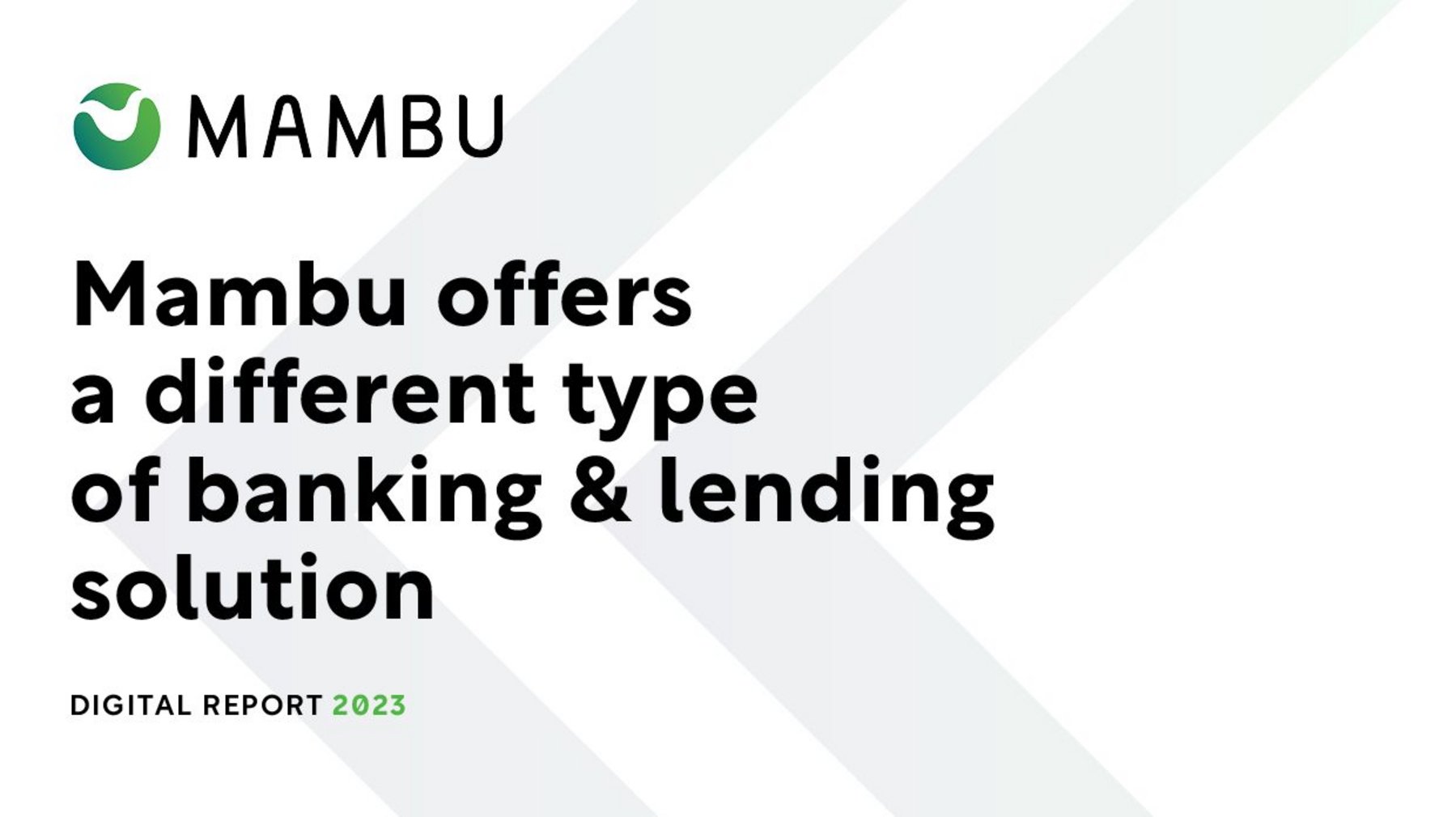You can now buy Stepn NFTs on iOS – but you have to pay the Apple fee

Stepn, a mobile “move-to-earn” game which rewards players with crypto tokens for walking and running with specialized NFTs, has launched an in-app marketplace for NFT sales in the iOS app for Apple’s iPhone. Furthermore, developer Find Satoshi Lab has integrated Apple Pay for purchases with credit and debit cards.
Mobile apps usually do not allow NFT purchases on the secondary market due to the complexity introduced by Apple and Google charges a fee of 30% on most in-app purchases. That includes NFTs, meaning app developers must either charge users the extra fee to shop on mobile, or otherwise eat the fee as part of the cost of doing business.
Stepn has done the former here, but in a way that abstracts away the crypto elements and bundles in the extra fees in the process. In this case, Stepn has enabled users to purchase NFT sneakers – which enable users to earn token rewards – through the app via a new in-app currency called Sparks, which is not a cryptocurrency.
Users can buy bundles of Sparks through the Stepn app (via Apple Pay) and then use them to buy the NFT sneakers, with zero interactions with cryptocurrency along the way. But the prices in Sparks are significantly higher in converted US dollars than when you buy the exact same items via the online marketplace using Stepn’s own GMT crypto-token.
For example, a particular pair of sneakers was listed for 110 GMT this morning, or about $31.40 based on the price of GMT at that time per CoinGecko. Buying the same NFT via the iOS app will cost $44.60 worth of Stepn Sparks at the fixed value of $0.10 per Spark (446 Sparks). This is an increase of 42%. Another direct comparison for another NFT purchased through both scenarios showed a difference of almost 43%.
Stepn Chief Operating Officer Shiti Manghani confirmed to Decrypt that the price displayed in the iOS App is inclusive of fees that Find Satoshi Lab handles as part of the process of users purchasing NFTs through the App. Stepn has minted NFTs across Solana, Ethereum and BNB Chain.
“In accordance with Apple’s policy, each in-app purchase is subject to taxation,” Stepn’s official FAQ states. “Therefore, when you use Spark credits to purchase a pair of sneakers, you may notice a price difference. This adjustment ensures compliance with required regulations and reflects the additional taxation.”
If someone sells a pair of NFT shoes through the Stepn marketplace and it is purchased by an iOS user, Find Satoshi Lab will pay the seller the listed price in GMT tokens, with the remaining balance in Sparks (which was purchased from Stepn) and then used to cover fees.
Apple’s 30% cut of in-app purchases – and potential other fees in the mix around offering in-app currencies and handling credit card payments – has been a sticking point for decentralized app (dapp) developers. Typically, NFT marketplaces charge a much smaller platform fee for handling transactions – for example, OpenSea charges 2.5% of the selling price for trades.
Some apps have simply decided not to enable NFT trading in the app, for example NFT marketplace Magic Eden and the NFT monster fighting game Axie Infinitywhich just launched its “lite” iOS app last week without NFT trading capabilities. Meanwhile, NBA top shot manufacturer Dapper Labs said this year that it hoped to find a solution to enable NFT trading in the app in the future.
Apple’s policy hasn’t changed here, it seems. Instead, Stepn found a way to work within the regulations, developing a way to enable trades at a higher cost to users by using a new in-app currency and wrapping in fees for buyers. Decrypt contacted Apple for clarification on the policy, but did not immediately hear back.
It remains to be seen if the convenience outweighs the hassle of having users go to the online marketplace and deal with cryptocurrency instead. Web2 apps have had to navigate this dilemma in the past, including Twitter and the Blue subscription service — prompting owner and CEO Elon Musk to complain about Apple’s cuts and eventually increase the price of subscriptions on iOS.
Apple currently prohibits apps from sending users to an external web portal to pay for a service, or accepting external payments, although there are legal challenges could force the tech giant to open up.
Regardless, Manghani said Apple’s massive reach makes that effort — and the higher prices for users — worthwhile as NFT app builders try to figure out how to play nice with Web2 platforms. She specifically described the Apple Pay integration as “a giant step forward” as Stepn aims to integrate 100 million more users into Web3.
Apple’s sheer scale “imposes a huge responsibility on users,” Manghani said, “especially in an area now notorious for fraud the size of FTX to daily carpet covers. So the caution they are showing here is understandable.”
“Therefore, as a business, we are more than happy to comply with theirs [regulations] and build relentlessly [based on] their feedback to enable real user adoption of Web2,” she added. “This has been the cornerstone of our growth and fruitful collaboration.”























